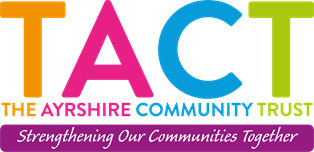Managing volunteers will not always be plain sailing. It is important that your community group or organisation is prepared for when things go wrong. There will inevitably be times when the performance or conduct of a volunteer falls below what is expected.
Problems usually arise because of lack of clarity and a breakdown in your volunteer support structure.
Clarity is therefore probably the number one prevention. If people know what they are to do, know how to have their voice heard and know what is expected of them and crucially are thanked then it goes a long way to mitigating any problems.
Although you cannot plan for every eventuality, if you have a Volunteer Framework Structure you can help prevent some challenges and safeguard against others. This will also mean that if they do occur, you will know what to do and deal with them efficiently.
A Volunteer Framework Structure
A good volunteer framework structure should include:-
- volunteering policy
- effective processes for recruitment and selection of volunteers
- volunteering agreements
- volunteer task/role descriptions
- risk assessments for each task description
- effective training and support for volunteers
- code of conduct
- a process for dealing with complaints
- a process for dealing with a disciplinary issue
